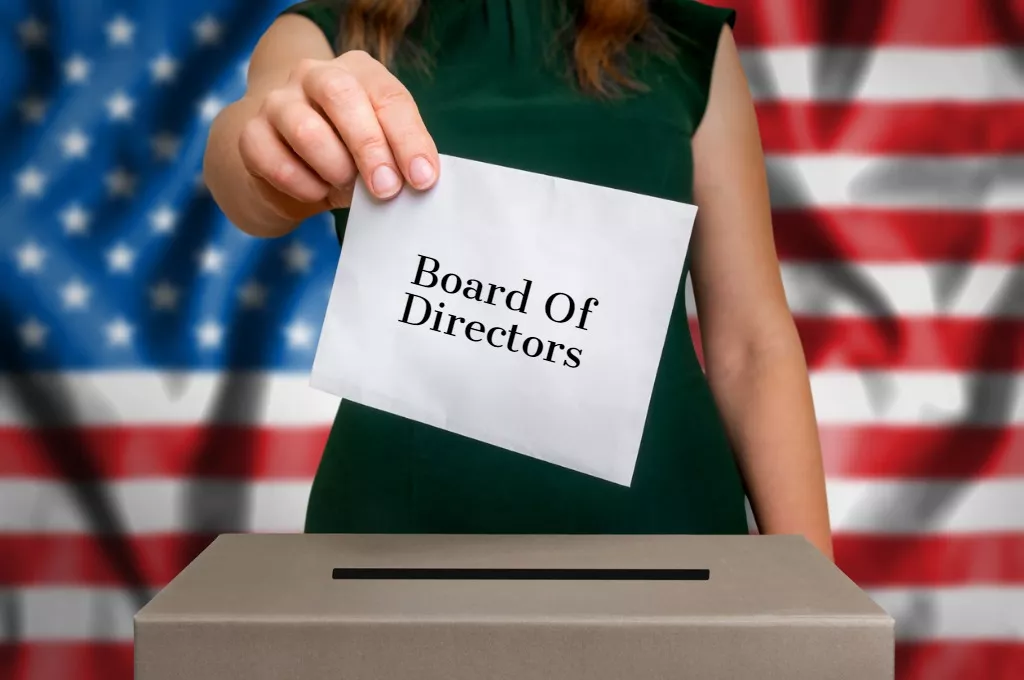FAQ
Here are the most common questions about Beneficiaries answered!
Q: What is a Beneficiary?
A: A beneficiary is the individual, organization, or trust designated to receive the funds available in your accounts after your passing. It is important to regularly review and update your beneficiaries to ensure that your funds are directed to the intended recipients. You can update your beneficiary’s information on the go using our digital banking feature, My Info. Life events such as marriage, divorce, the birth of a child, or the loss of a family member may necessitate updates to your beneficiary designations, ensuring that your money goes to the appropriate recipients.
Q: What types of credit union accounts can have beneficiaries?
A: You can designate a beneficiary on all deposit accounts.
- Checking
- Savings
- Certificates
- IRAs
- HSAs
Q: How do I add a beneficiary to my Interior Federal Deposit Accounts?
A: Contact us to designate a beneficiary to your account. Typically, you’ll need to provide the beneficiary’s name, relationship to you, their contact information and an updated signed Account card with your ID. Make sure to review and update your designated beneficiaries periodically to reflect any changes in circumstances or preferences.
Q: Can I designate multiple beneficiaries for my accounts?
A: Yes, you can typically designate multiple beneficiaries for your accounts. In the case of multiple beneficiaries, we will distribute the money equally.
(Retirement Accounts and Health Savings Accounts do allow the member to choose a percentage for the beneficiary along with the ability to add a contingent beneficiary.)
Q: What happens if I don't designate a beneficiary for my credit union accounts?
A: If you do not designate a beneficiary, the distribution of your assets may be subject to the laws of your jurisdiction and the credit union’s policies. It may involve a probate process where the court determines how to distribute the assets.
It’s important to note that intestate succession laws may not align with your personal preferences or wishes for asset distribution. To ensure your assets are distributed according to your specific wishes, it is recommended to consult with an attorney and create a valid will or establish beneficiary designations for your accounts.
Q: If I have a beneficiary at my place of employment does that carry over to my Interior Federal Account?
A: No, beneficiaries of outside organizations do not transfer over to your Interior Federal accounts. You must set and maintain your preferences for your Interior Federal accounts.
Q: Are there any restrictions on who can be named as a beneficiary?
A: There may be certain restrictions depending on the account type and applicable laws. Generally, individuals, organizations, or trusts can be named as beneficiaries. It’s recommended to consult with a legal expert..
Q: Can I designate a minor as a beneficiary?
A: Designating a minor as a beneficiary may have certain considerations. It’s advisable to consult with a legal expert to explore your options such as creating a trust or appointing a guardian to manage the assets on behalf of the minor.
Q: Do I need an attorney to designate a beneficiary?
A: In most cases, designating a beneficiary does not require an attorney. However, it’s always a good idea to consult with a legal professional if you have complex estate planning needs or if you require assistance with creating or updating your beneficiary designations.
Q: How do beneficiary designations affect the NCUA Insured funds on an account?
For insurance questions, please contact the NCUA:




